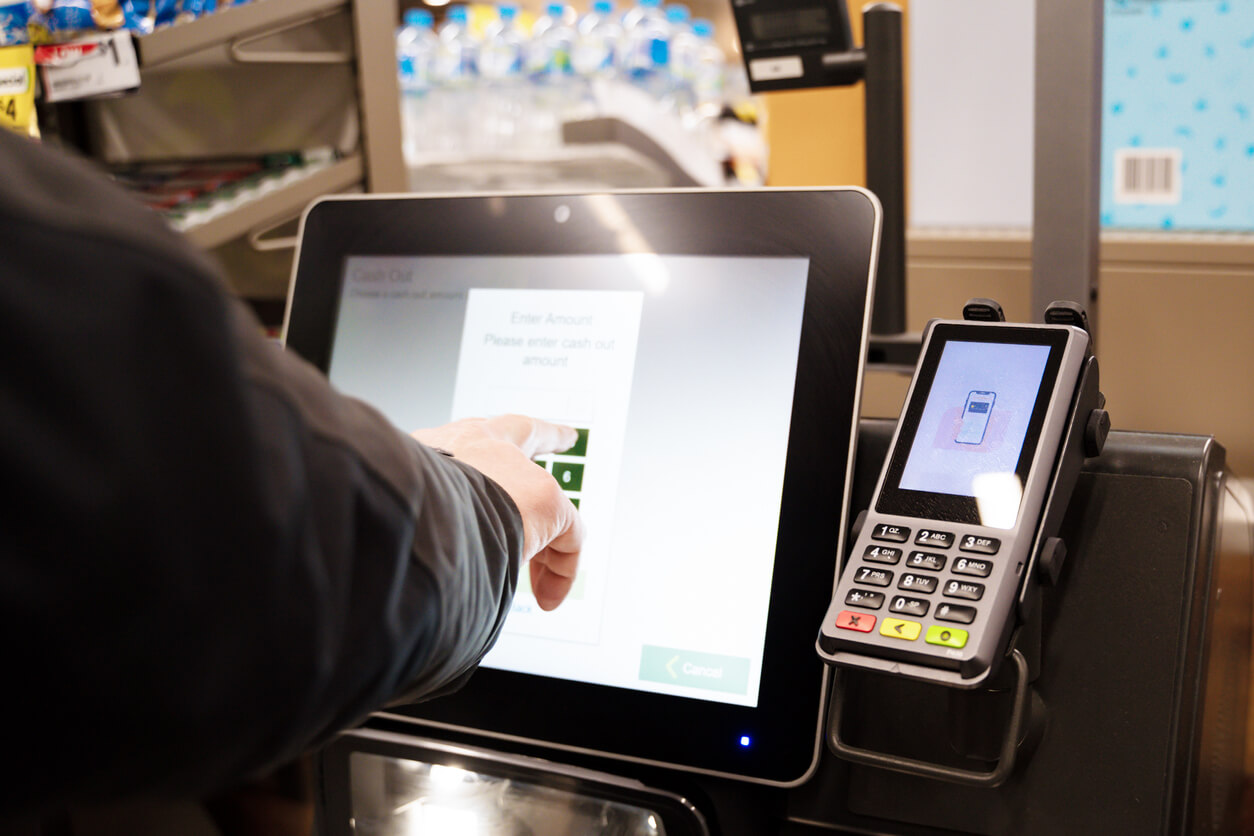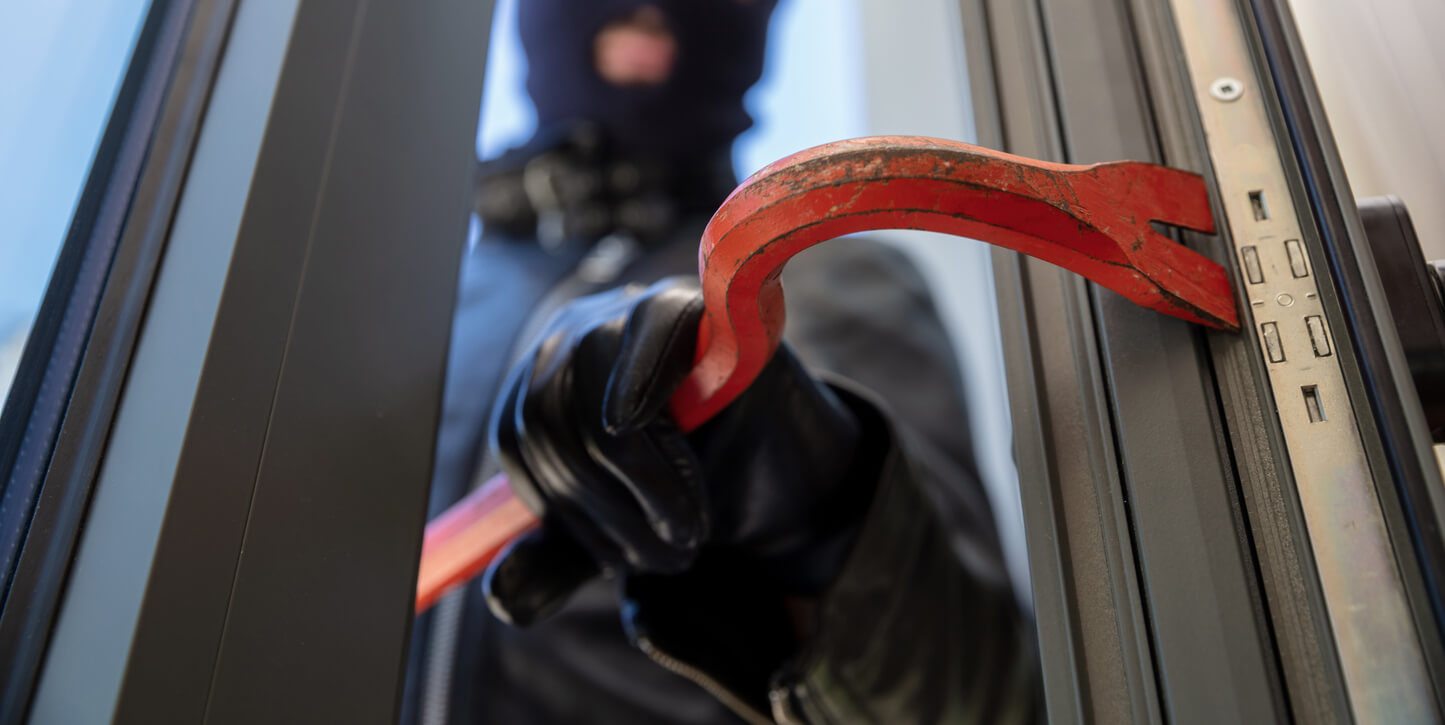If you’re facing embezzlement charges in North Carolina, you have a constitutional right to defend yourself in court. It’s important to understand the elements of the crime of embezzlement. Working with an experienced criminal defense attorney can help you gather evidence to defend yourself. North Carolina Criminal Law Chapter 14-90 outlines the elements of the crime of embezzlement. To convict a person of embezzlement, prosecutors must prove every element of the crime beyond a reasonable doubt.
The Defendant Must Have Been in a Trusted Position
One of the distinguishing elements of the crime of envelopment is that the defendant must have been in a trusted position over the property he or she allegedly embezzled.
What is Fiduciary Duty?
The legal term for being in a trusted position is referred to as having a “fiduciary duty” to the victim. A person with a fiduciary duty has a right to receive the property in his or her role.
For example, a bank teller has a fiduciary duty when working with a customer. The bank teller has a right to handle the customer’s money when the customer deposits money into his or her account. Similarly, an employee who has the right to manage property, cash, investments, or other business assets is in a trusted position to do so for the benefit of his or her employer.
The Defendant Must Have Intentionally Taken the Property
Prosecutors must prove that the defendant had fraudulent intent. If a person accidentally misplaces his or her employer’s money or assets, he or she cannot be convicted of embezzlement. Specifically, the relevant statute states that prosecutors need to prove that the defendant intentionally, fraudulently, and dishonestly used the assets for a purpose other than for which it was received.
Prosecutors must show that when acting as the victim’s:
- fiduciary,
- trustee,
- or employee
the defendant rightfully received property or something of value that belonged to the victim. After receiving the property, the prosecutor must prove the defendant dishonestly used the item of value for a purpose other than intended.
Prosecutors don’t have to prove that the defendant used the entrusted property or thing of value to benefit himself or herself. Instead, it may be enough for the prosecution to prove that the defendant took possession of the property and misapplied it. In other words, even if the defendant never used the property for himself or herself, intentionally hiding the property or using it to benefit another person may be enough to prove fraudulent intent.
The Penalties of Embezzlement in North Carolina
The penalties for embezzlement depend on the type and value of the property allegedly embezzled. Embezzlement of property by public officers or employees and embezzlement of property with a value of $100,000 or more can result in lengthy prison sentences and substantial fines.
If you’ve been charged with embezzlement, it’s crucial to work with an attorney who can investigate your case and develop an effective legal defense strategy.
Discuss Your Case with an Embezzlement Defense Attorney in North Carolina
To be found “not guilty” or to negotiate a dismissal of the embezzlement charges, your attorney must prove that the prosecutors cannot prove every element of embezzlement beyond a reasonable doubt. Attorney Joel Hancock has extensive experience defending clients facing criminal charges in North Carolina, including embezzlement. Contact Hancock Law Firm to schedule an initial consultation and learn how he can provide you with a skilled legal defense.








